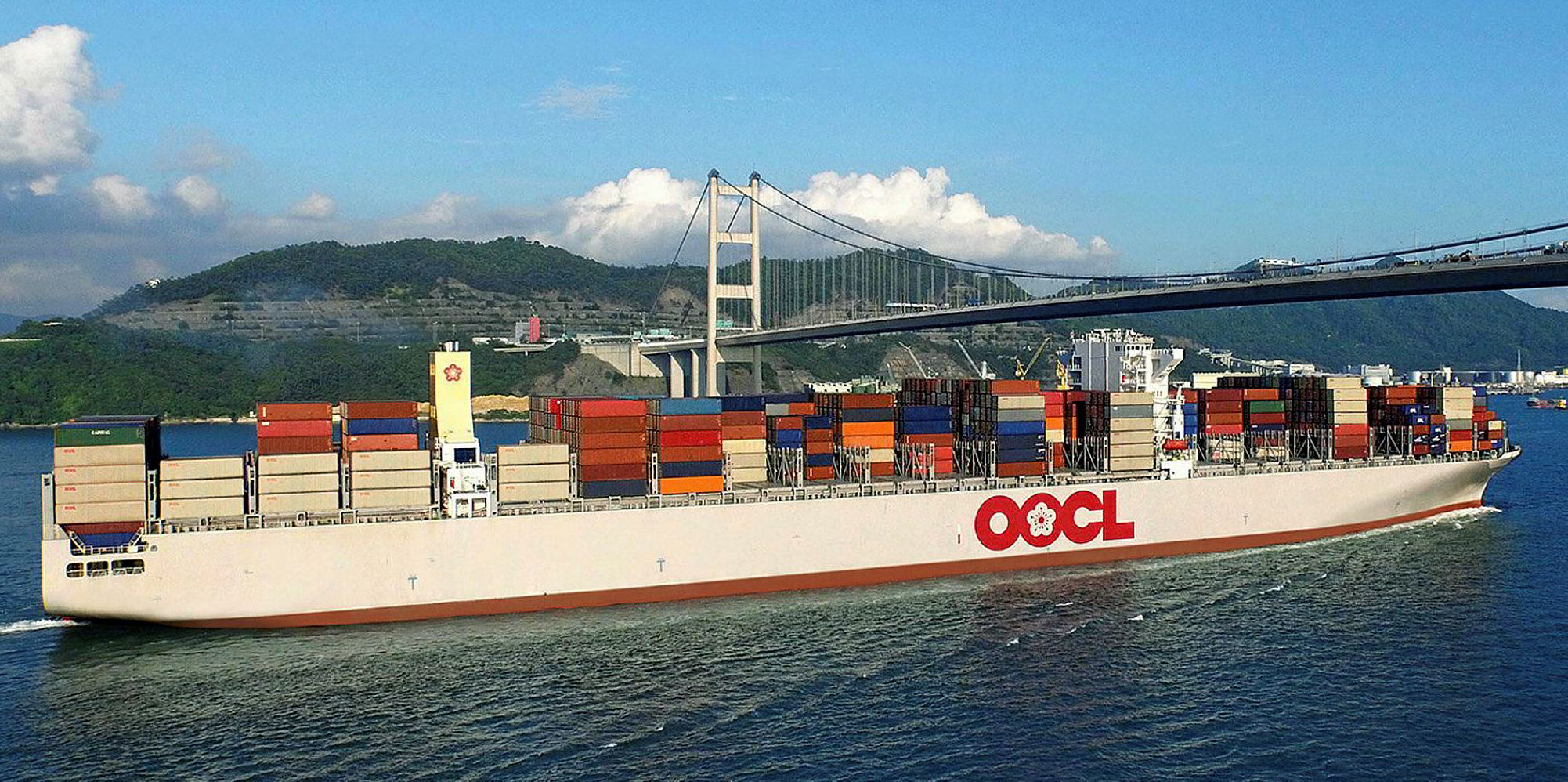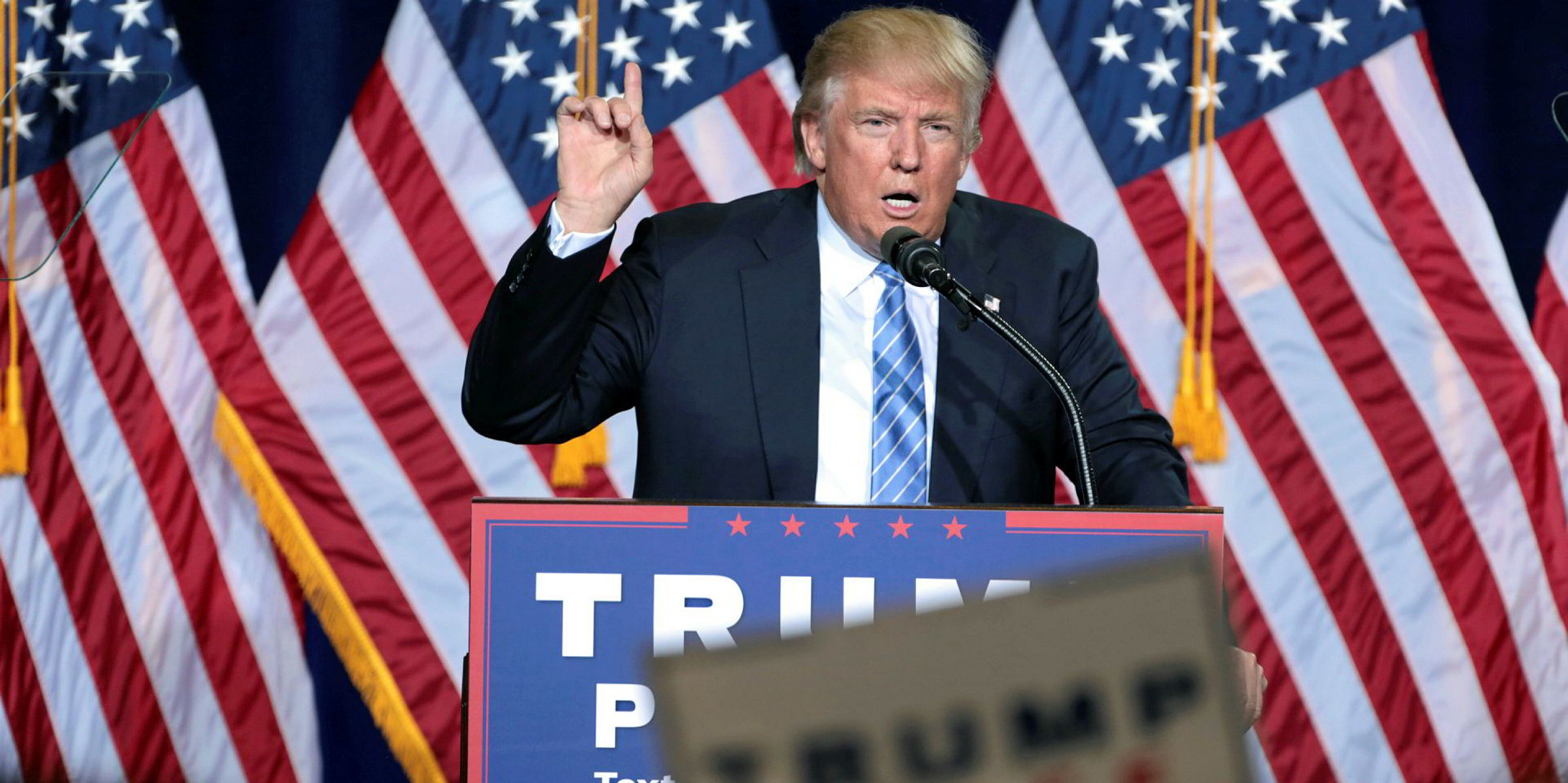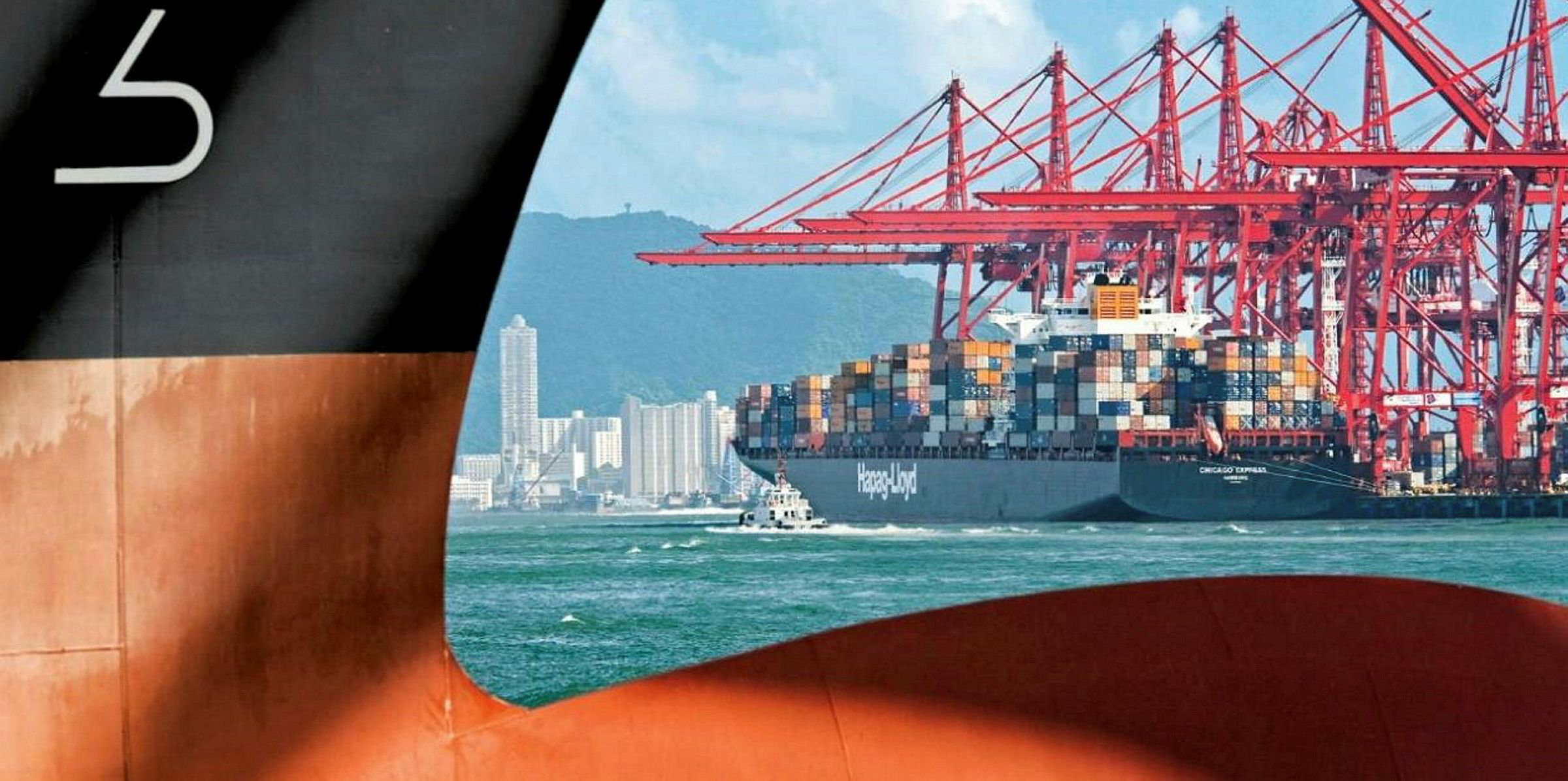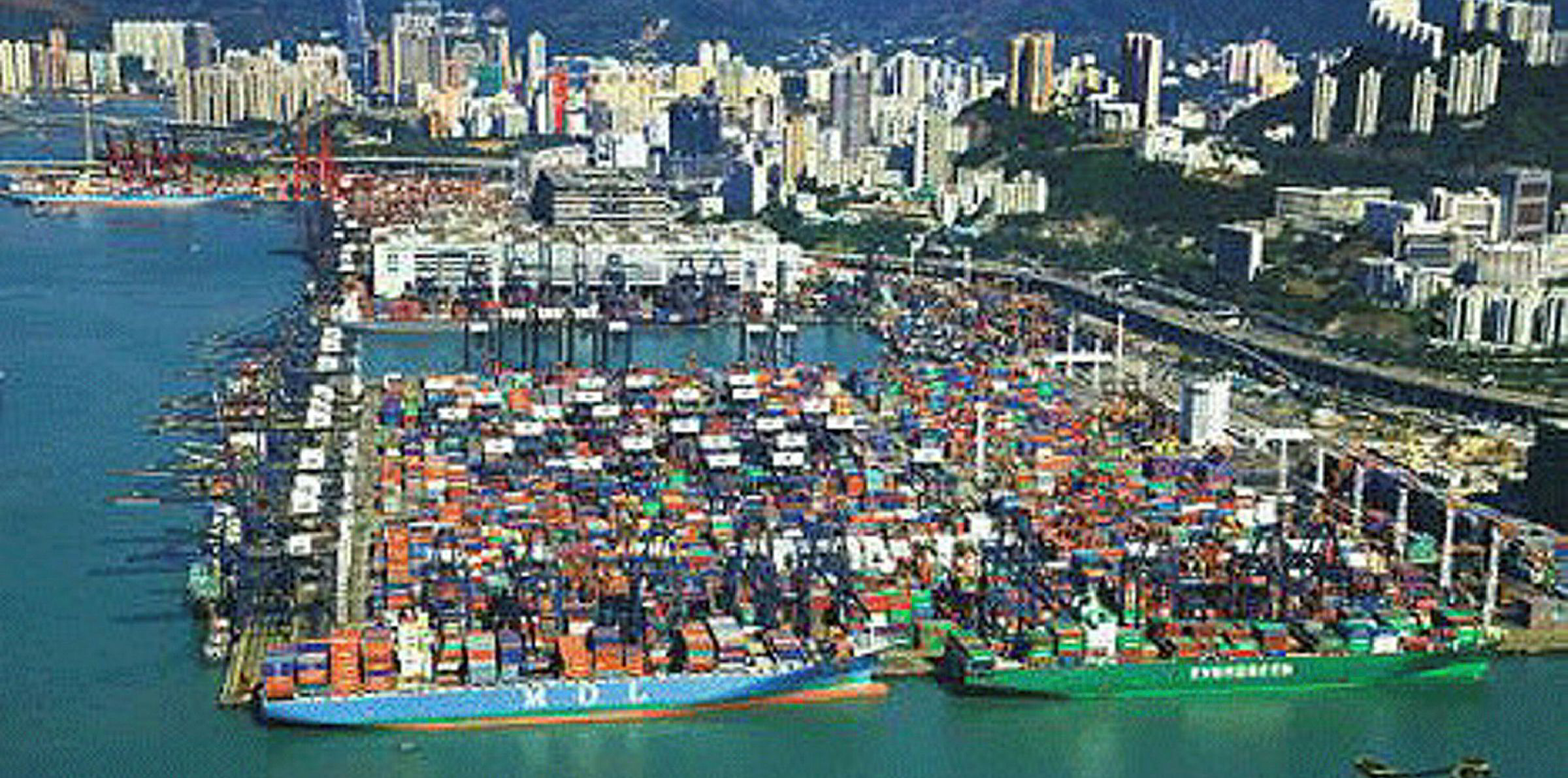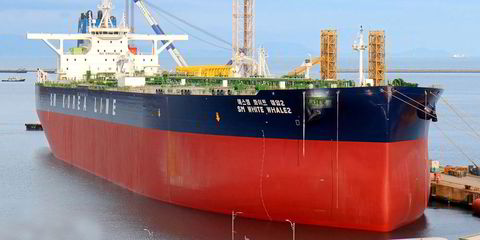Liner operators are uncertain how US President Donald Trump's latest tariff on Chinese imports will impact the sector, but they are ready to adapt if necessary.
Trump last week threatened to impose a 10% tax on another $300bn-worth of Chinese goods by 1 September, in addition to the 25% tariff on $240bn-worth of imports imposed last year.
This latest import tax is particularly salient for liner companies as the vast majority of goods under this tariff consist of containerised products, such as household items, clothing and toys.
External factors
However, operators say only time will tell how this levy will affect their business.
"It is too soon to say what the real level of impact will be on the industry as it will depend on a lot of factors, such as market demand, which is beyond our grasp," says Mark Wong, spokesman for Hong Kong-based Orient Overseas Container Line.
The Andy Tung-led company said it ships more than 700,000 teu-worth of goods from China to the US each year.
"During times of uncertainty, carriers will need to work ever more closely with the shippers in monitoring the market trends and ensure there is the operational flexibility and agility in the supply chain when time comes for adjustments," Wong tells TradeWinds.
We might see shifts in demand, however, it is hard to foretell what exactly is driven by tariffs imposed only and not by other effects
Mark Wong
German liner company Hapag-Lloyd is also uncertain as other factors besides tariffs affect global trade, spokesman Tim Seifert tells TradeWinds.
Agile approach
"We might see shifts in demand, however, it is hard to foretell what exactly is driven by tariffs imposed only and not by other effects," he says.
"However, as a global liner shipping company we are able to flexibly adjust our services to changing trade flows."
Hapag-Lloyd in 2018 sent 1.96 million teu-worth of goods across the Pacific Ocean. It would not disclose how much it sends to and from China.
German liner operator Hamburg Sud is more focused on China-South America and Australia-US routes, but says it could benefit from the US-China trade war, spokesman Rainer Horn says.
September 1 is short notice, but to the extent they can, some retailers might try to ramp up their imports before then
"There might even be a positive effect for a carrier like us since trade patterns could change to our benefit if certain products are sourced from other countries due to the tariffs," he tells TradeWinds. "But that’s too early to say."
Retail relaxed
To date, Trump's tariffs have had little impact on US imports of Chinese goods, and National Retail Federation (NRF) spokesman Craig Shearman does not expect the latest tariff to change that.
"Given that the series of tariffs imposed over the past year have not reduced imports, it would appear unlikely that this newest round will have any immediate effect on imports," he says.
Imports have actually grown over the past year, he tells TradeWinds.
"Part of that has come because of increasing retail sales and part as retailers have tried to bring merchandise in ahead of the series of tariff deadlines," he says.

"September 1 is short notice, but to the extent they can, some retailers might try to ramp up their imports before then."
NRF's Global Port Tracker, which covers 12 US ports, shows containerised imports at 1.93 million teu in July, up from 1.9 million teu a year ago.
Excluding any impact from the latest tariff, imports are forecast to decline to 1.88 million in November, compared with 1.81 million 12 months earlier.
"Our next monthly Port Tracker report will be coming out in the next week or so, and we’ll certainly take the new tariffs into consideration," Shearman said.
'Direct impact'
Jefferies analyst Randy Giveans believes the most recent tax may indeed negatively affect the future flow of containerised imports, especially given the short notice period.
"The impact on containerships could be the largest direct impact across the shipping markets as those are pretty much the only vessels taking goods from China to the US," he tells TradeWinds, noting that the US imports no energy products or commodities from China.
He said the boxship trade went up in the fourth quarter as US retailers hurriedly placed orders to beat the US' October threat to tax all Chinese imports by February.
"However, this time the tariffs implementation date is only one month ahead of the announcement date," he says.
"As such, it will be difficult for US buyers to coordinate and receive shipments fast enough to beat the new tariff date."
China has retaliated against the latest tariffs by not buying US energy and agricultural products, but this should have limited impact because China's US imports are down 60% to 80% year-over-year anyway, Giveans says.
"Not sure how much worse this could get, so any improvement would obviously be welcomed upside from these low levels," he says.
But a slowdown in China's economy could impact all of shipping by hampering global trade and causing the country to import more commodities and bolster its One Belt, One Road mission.
"Tricky situation, indeed," he says.
